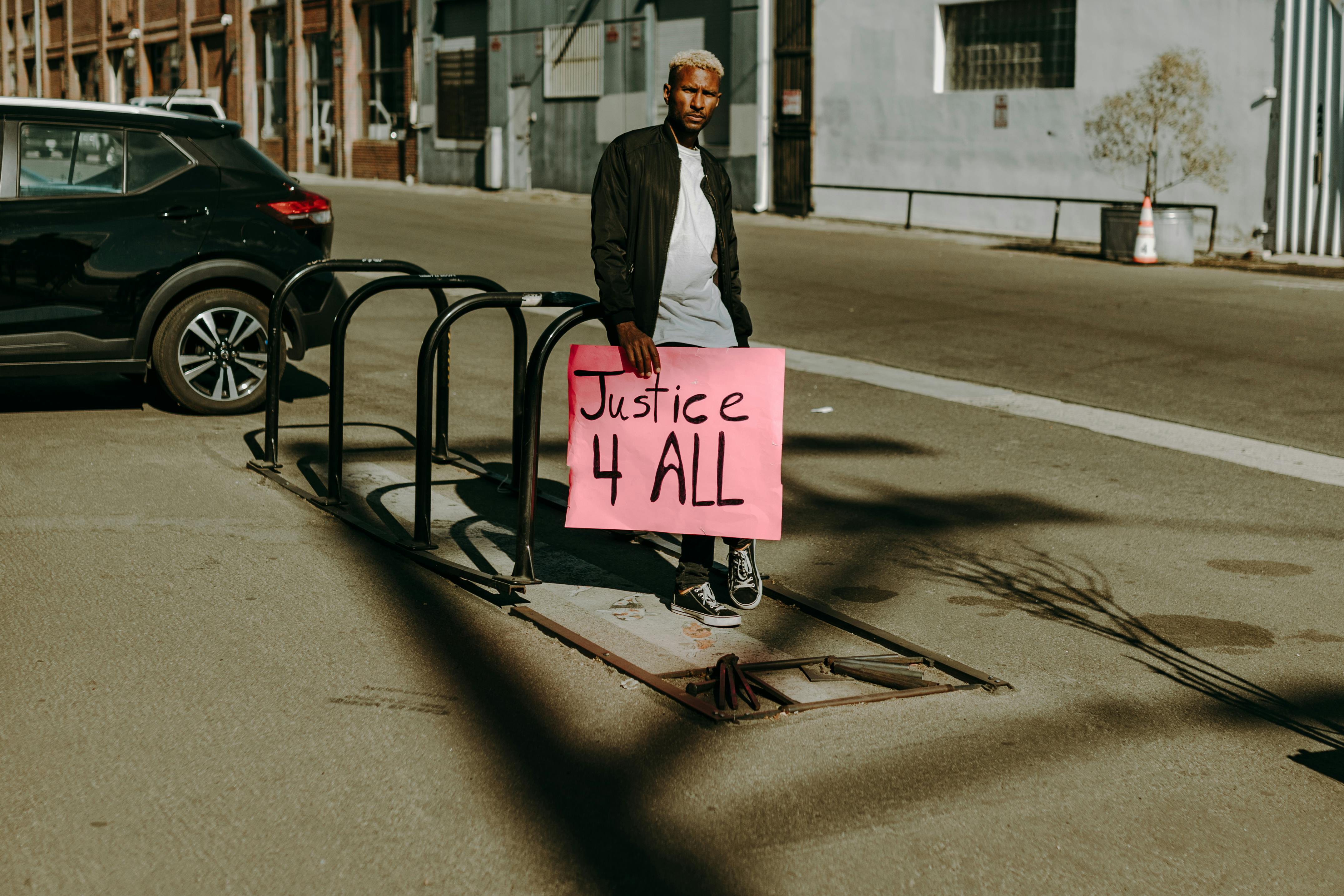A librarian once commented that she receives many requests for information about poetry when poems are read during televised funerals of celebrities or dignitaries and when poems are read at funerals in popular movies. During these occasions, the general public is exposed to poetry under emotional circumstances, and the experience seems to have a profound impact on the audience.
On these occasions, people who don’t normally read poetry are inspired to learn more about it and research poetry to use when grieving the death of a loved one. This interesting observation merits an examination of why poetry is ideal for funerals, memorial services, and private mourning, and why it seems to have universal appeal when appropriate poems are used to deal with death.
People experiencing the death of a loved one endure a storm of emotions. There is intense grievance coupled with a sense of confusion or uncertainty that understandably stems from a personal encounter with the mysterious realm of death. The sense of loss also prompts mourners to seek comfort from one another.
The experience of desiring comfort and peace in a time of grief, searching for answers and understanding about life and death, and sharing the whole experience with an assembly of mourners fits perfectly with the contributions of poetry described by some of the greatest poets. .
Samuel Butler wrote that suffering helps poets grow. Robert Frost wrote that a poem begins with a lump in the throat and a sense of evil, like lovesickness or longing. If this is true, poets can relate to the misery of the afflicted and offer them comfort and peace.
William Faulkner wrote that it is the privilege of poets to help humanity endure and prevail by lifting up their hearts. Pablo Neruda wrote that peace is essential in the formation of a poet, and that peace is as important to a poet as flour is to bread. Perhaps this explains why so many grieving people find peace by reading poetry.
In addition to offering comfort and peace to those who are grieving, poetry can also help mourners pondering the mystery of death and struggling to find the right words to describe what they feel. Samuel Taylor Coleridge wrote that no one becomes a great poet without first becoming a great philosopher, and Matthew Arnold wrote that poetry is simply the most beautiful, impressive, and effective way of saying things. This explains why poetry is so frequently linked to effective eulogies, sympathy cards, and condolence messages.
There is an expression that death and taxes are the only certain things in life. The human family is united in its common mortality, and the death of one person usually unites a large extended family. Poetry also has the power to bring people together. William Wordsworth wrote that, regardless of differences in language, laws, and customs, poetry has the ability to unite everyone on earth and throughout time. It is easy to see why so many grieving people find poetry an indispensable component of the grieving process.



